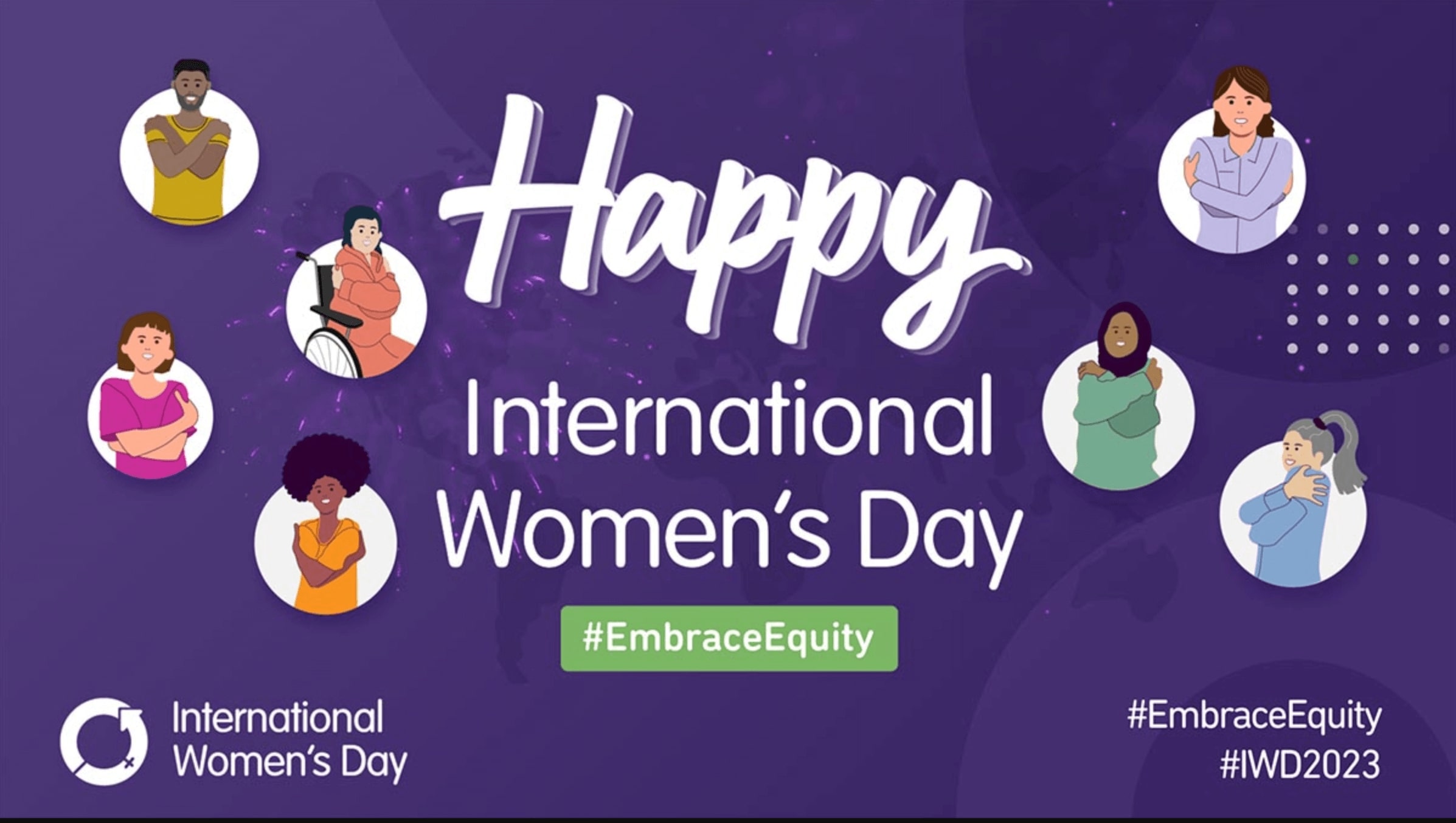Today, March 8th, International Women’s Day (IWD) will be celebrated globally as a day that recognises the social, economic, cultural and political achievements of women. It also marks a call for everyone, everywhere, to step forward and accelerate women’s equality. Today will see progressive employers amplify commitment to women and celebrate achievement.
Which is great. And important.
But how can we prevent this demonstration of support for a day from becoming a tick box exercise and instead ensure it becomes a catalyst for thoughtful, meaningful, change that permeates the culture of an organisation and, ultimately, society?
That is the question we asked Laura Millon, who became a Leader of the Year for a Fortune 500 company at just 29 years old and today specialises in strategic relationship development and management in the mortgage industry – the second highest male dominated industry after technology – forging c-suite relationships with GSEs, major banks and Wall Street. In addition, for the last ten years, Laura has been passionately focused on empowering women in the workplace by creating the Executive Womens’ Summit, a platform that was initially created with 40 top leaders from the financial industry, and which has now grown to 2,000 members
Laura spoke to the Agent3 global workforce during a ‘Listen and Learn’ session on IWD about her personal career path, talking candidly about some of the obstacles she faced and how she overcame them, as well as offering guidance on enabling and empowering women in the future. Here are three key things we learned from Laura:
1) Awareness, rather than anger, achieves action
While International Women’s Day is important and does great work, it’s nevertheless important that we use the platform in the right way. It’s very easy to use days like this to highlight negative issues and frustrations for women in the workplace, but Laura has learned through experience that, in the long run, adopting a more positive stance is a far more effective way to make lasting, needle-shifting progress. Continuing to champion women in the workplace and raising awareness of their positive contributions and achievements is a far more effective way of effecting change than focusing on negative issues. Doing so, Laura believes, simply serves to set the movement back by positioning women as ‘chippy.’ Her advice? Find opportunities to celebrate women in your networks and highlight their achievements
2) Allyship
One of the things Laura has learned from decades in the financial industry is the importance of female allies and how to work together. She stresses that we should never underestimate the importance of networking, getting to know each other and championing each others’ careers. While networking is an area that Laura feels comes more naturally to men than women, she stressed the importance of women seeking out women around them, forming networks, championing and cheerleading each other and supporting one another’s careers. She advises finding other strong females within the workplace, and then start reaching out to them and networking and also mentoring. Laura argues that we are more aware now of the power of mentorship in the past decade than we were in previous years. So she suggests women ‘champion each other, find your tribe and either mentor or get mentored’. Laura argued this doesn’t have to be company led, and can be instigated on an individual basis. “You can say ‘I love the way this person carries themself in a meeting and speaks with such confidence. I really want to reach out to her and get to know her.’”
3) Change the dialogue
Laura explored the theme of women taking time away from their careers to have children and why some of the biases around taking a leave of absence to have a baby are so misplaced. She argued that women of child bearing age are equally, if not more, ambitious and will not view their maternity leave as a reason to downgrade their career aspirations. So, companies need to ‘Change the dialogue’ and recognise that women who go off on maternity leave come back to work refreshed, recharged, ambitious, eager and with new perspectives and ideas. Laura recounted how she has heard people in the boardroom say ‘no, let’s not let that person go and set up that office because, isn’t she trying to have kids?’ Her counter to this was that somebody needs to speak up and say ‘wait! Shouldn’t we talk to them about it and see if it’s an opportunity that they would like before we become dismissive?’ Laura argued that the reality is that women need to take time off to have children, so let’s not ignore that fact, but let’s look at the other side of it and how powerful they are when they return to work. She also made the point that creating progressive maternity policies was also good business because it both attracted and retained talent.
As we celebrate International Women’s Day, Laura’s advice provides practical, realistic guidance for any organisation on how to facilitate ever greater equality for women in the workplace, and in society more generally. We’re honoured and inspired by her experience and her wisdom, and would urge all businesses to heed her advice and take action accordingly.
